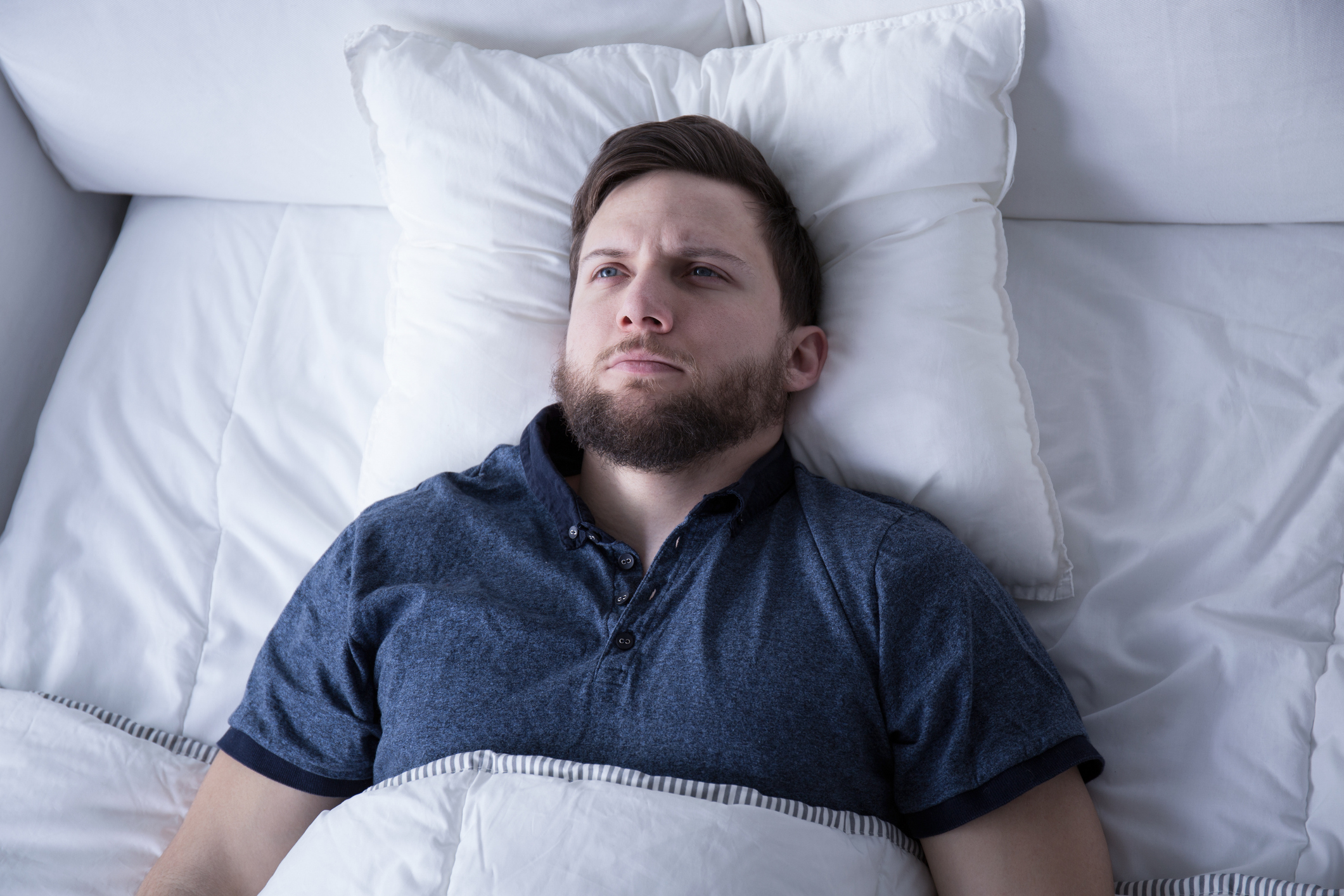Diabetes and depression symptoms

There is a close link between diabetes and depression - in fact depression and mood disorders are the most common psychiatric challenge within the community of diabetic patients. It is not entirely clear why this is the case as this can be a chicken and egg situation which is difficult to clarify:
It could be that that depression leads to a poor choice of diet
2010 research found that those with depression were 17% more likely to develop Type 2 diabetes
It could be that the diagnosis and management of a chronic condition feels overwhelming
2010 research fund that diabetic patients were 29% more likely to have depression
Patients with painful diabetic neuropathy appear to be particularly predisposed to mood disorders
It is important to be checked out if you believe you are depressed as this can make the management of diabetes more challenging. Research has shown that
- You are less likely to take the required medication
- You will function less well mentally and physically
- And you are more likely to be off work
According to a 2011 study patients with both diabetes and depression have a 52% higher chance of having a stroke or heart attack and a US study in 2015 indicates that the combination leads to a greater risk of dementia.
The challenge is that poor management of diabetes can mimic depression symptoms with high or low blood glucose levels producing anxiety, restlessness and fatigue. It’s feared that 75% of diabetic people with depression go undiagnosed as they think depression is part of the overall condition
So these are the depression symptoms to look out for:
- No longer enjoying activities that you used to enjoy
- Not sleeping or sleeping too much
- Not feeling hungry or binge eating
- Unable to concentrate or make decision
- Feeling weary with low energy levels
- Feeling persistently anxious
- Feeling isolated
- Waking up feeling sad
- Thinking about suicide
- Self-harming
You should contact your GP if you have experienced these symptoms for two weeks or more. The Department of Health recommends that you then be asked two questions:
During the last month have you been bothered by feeling down, depressed or hopeless?
During the last month, have you been bothered by having little interest or pleasure in doing things?
If you answer yes to these questions you will be given a questionnaire which will help to measure the nature and extent of your symptoms
It is very hard to motivate yourself in this situation, but there are some things which you can immediately do for yourself which will help:
- Increase your physical activity - this releases endorphins in the brain which help to reduce the symptoms of depression.
- Adopting a can do attitude to the ongoing management of diabetes can also help with the feeling of helplessness – support groups can often help in this respect.
- Avoiding caffeine, recreational drugs and alcohol coupled with a good night’s sleep will also help
I do hope this blog post has been helpful.
Although every effort is made to ensure that all health advice on this website is accurate and up to date it is for information purposes and should not replace a visit to your doctor or health care professional.
As the advice is general in nature rather than specific to individuals Dr Vanderpump cannot accept any liability for actions arising from its use nor can he be held responsible for the content of any pages referenced by an external link










